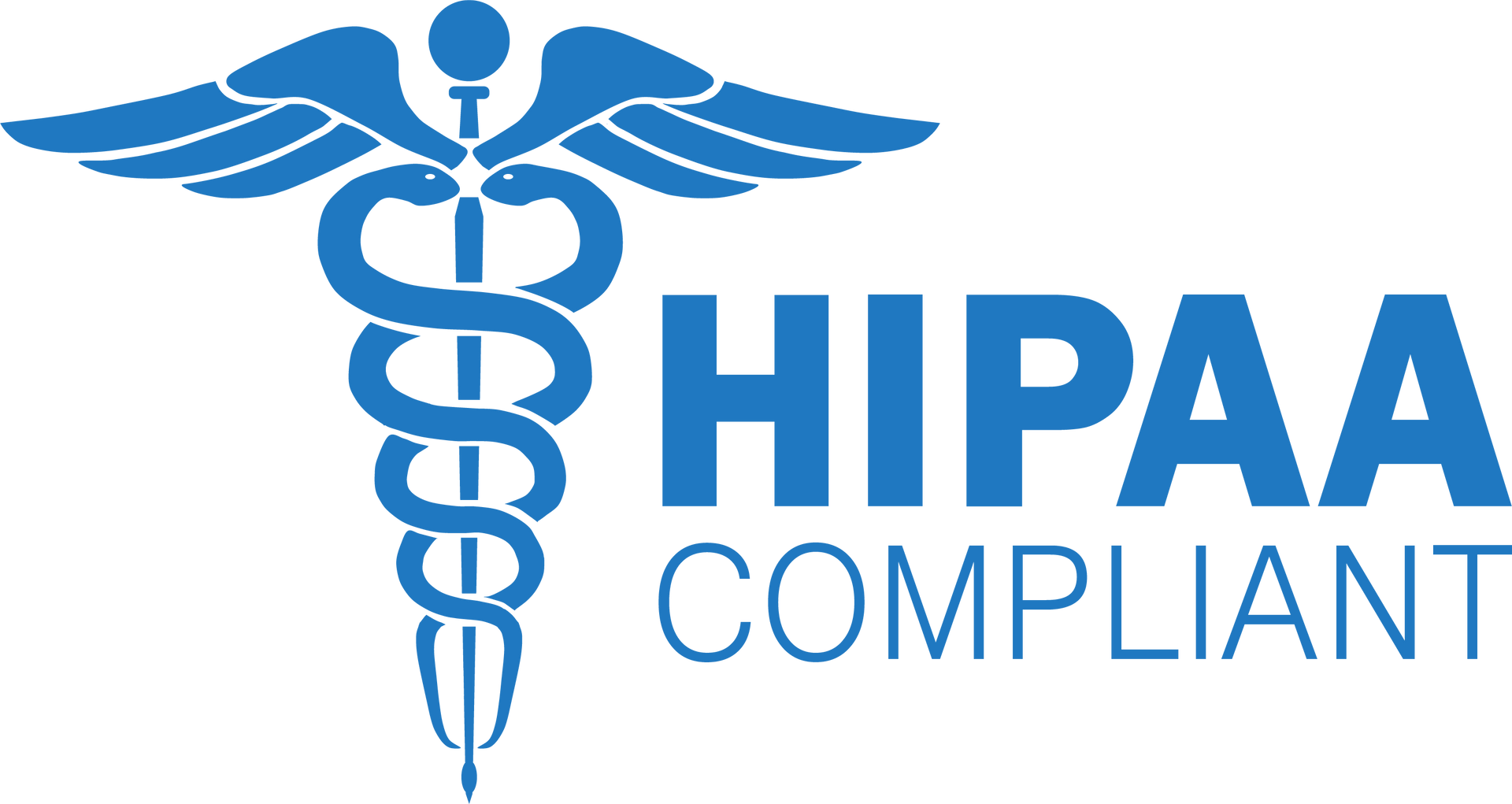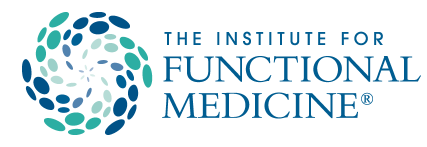Mastering Functional Medicine SEO: A Guide to Top Rankings
Key Takeaways
- Functional medicine SEO is essential for improving website visibility, attracting organic traffic, and converting potential patients through effective keyword research and on-page optimization techniques.
- High-quality content creation, including blogging and video, is crucial for establishing authority, educating patients, and enhancing online engagement, which leads to better SEO outcomes.
- Implementing local SEO strategies, such as optimizing Google Business Profiles and managing online reviews, significantly increases local visibility and patient acquisition for functional medicine practices.
Understanding Functional Medicine SEO

SEO is the backbone of any successful functional medicine marketing strategy. It involves optimizing your functional medicine website to rank higher in search engine results, thereby attracting more organic traffic and potential patients.
A comprehensive SEO strategy encompasses various elements, including keyword optimization, on-page techniques, and content creation, all aimed at improving your website’s visibility and authority.
The Role of Keyword Research
Keyword research is the cornerstone of effective search engine optimization. Understanding the terms potential patients use when searching for holistic care allows you to align your content with their needs and enhance your search engine rankings. Tools like KWFinder and SEMrush are invaluable for identifying high-potential keywords tailored to your functional medicine practice. Long-tail keywords, which are more specific phrases, can be particularly effective in targeting potential patients who are searching for precise health solutions.
Incorporating these keywords into your content strategy not only enhances your SEO but also ensures that your website appears in relevant search results. This alignment between your content and patient search behavior drives organic traffic to your site, increasing the likelihood of attracting new patients and retaining existing ones.
On-Page Optimization Techniques
On-page optimization involves fine-tuning various elements on your functional medicine website to improve its visibility on search engines. This includes optimizing title tags, headers, and meta descriptions with relevant keywords to enhance search engine visibility. It’s crucial to maintain a balance in keyword placement to ensure content readability and avoid penalties from search engines for keyword stuffing.
Another key aspect of on-page optimization is the length of your SEO snippets. Keeping them within the recommended 150 to 170 characters can significantly impact your click-through rates and overall search engine rankings. Focusing on these techniques helps create a user-friendly and search engine-friendly website that attracts and retains more patients.
Building Authority Through Content Creation

Creating high-quality, informative content is essential for establishing authority in functional medicine. Addressing specific health concerns and interests of your target audience builds trust and attracts more patients to your practice.
Various content types, including blog posts, videos, and infographics, can be utilized to educate patients and enhance your online presence.
Blogging for Patient Education
Regular blog posts are a powerful tool for patient education. By addressing common patient questions and providing valuable health information, blogs can position your practice as a trusted authority in functional medicine. Incorporating calls-to-action within your posts can effectively convert online engagement into real-world patient relationships, helping you attract more patients to your practice.
Blogging not only educates your patients but also improves your SEO. Search engines favor websites that consistently publish fresh, informative content, which can lead to higher rankings and increased organic traffic. This combination of patient education and SEO benefits makes blogging an indispensable part of your content strategy.
Utilizing Video Content
Video content is an increasingly vital tool for enhancing patient engagement and communication in functional medicine. Videos can simplify complex health topics, making them more accessible and understandable for patients. Integrating video into your website improves SEO performance and attracts a broader patient audience.
Utilizing video content can lead to higher levels of patient interaction and engagement with health-related topics. Whether it’s explanatory videos about treatments or patient testimonials, videos can significantly enhance the effectiveness of your content strategy and build a stronger connection with your audience.
Leveraging Patient Success Stories
Sharing patient success stories is a powerful way to build trust and enhance the credibility of your medical practice. Testimonials from satisfied patients can attract more patients by showcasing the real-world impact of your treatments and services.
This form of content not only boosts your online reputation but also fosters a sense of community and trust among your patients.
Technical SEO for Functional Medicine Websites

Technical SEO is crucial for ensuring that your functional medicine website is user-friendly and optimized for search engines. This involves various aspects such as improving site speed, ensuring mobile responsiveness, and implementing secure website practices.
A well-designed website not only enhances user experience but also reflects your commitment to integrative health and professionalism.
Improving Site Speed
Site speed is a critical factor in both user experience and search engine rankings. Patients expect a webpage to load in under two seconds, and any delay can drive potential patients to competitors. Optimizing site speed involves methods such as optimizing images, leveraging browser caching, and minimizing JavaScript to ensure your website loads quickly.
A fast-loading website not only improves user experience but also enhances your SEO performance. Search engines prioritize websites with quick load times, making site speed optimization an essential part of your comprehensive SEO strategy.
Mobile Responsiveness
With more individuals searching for health information on mobile devices, having a mobile-responsive website is crucial. Responsive web design ensures that your site adapts seamlessly to different screen sizes, providing an optimal viewing experience on mobile platforms. Features like animated sliders, professional graphics, and SEO-optimized code can enhance user engagement and usability on mobile devices.
Investing in mobile responsiveness not only improves user experience but also positively impacts your search engine rankings. This makes it a key strategy for functional medicine practices aiming to reach more patients and improve their online presence.
Secure Website Practices
Having a secure website with HTTPS ensures that patient information is encrypted and protected from unauthorized access. Websites with SSL certificates are perceived as more trustworthy by search engines, boosting overall site rankings.
Implementing secure website practices is crucial for protecting sensitive patient data and enhancing the credibility of functional medicine practices online.
Local SEO Strategies for Functional Medicine Practices

Local SEO is essential for acquiring patients within your community. By implementing local SEO tactics, you can significantly increase your practice’s visibility in search results, leading to an influx of nearby patients.
This includes optimizing your Google Business Profile, managing online reviews, and building local backlinks.
Optimizing Your Google Business Profile
Claiming and optimizing your Google Business Profile is crucial for achieving better visibility in local search results. A well-optimized profile enhances your chances of appearing in local searches and Google Maps, making it easier for potential patients to find your practice.
Including high-quality images can attract more potential patients by showcasing your clinic’s environment.
Managing Online Reviews
Managing online reviews is a vital part of your online reputation and functional medicine marketing strategy. Encouraging feedback through follow-up emails after appointments can significantly boost the number of online reviews. A steady flow of reviews is more beneficial for your reputation than a sudden surge, as it reflects a consistent level of service quality.
Responding to both positive and negative reviews proactively can enhance your online reputation. Positive reviews build trust and attract more patients, while addressing negative reviews shows your commitment to improving patient experiences. This holistic approach to managing reviews can significantly impact your local SEO and overall practice reputation.
Local Link Building
Local link building is crucial for improving your local search rankings. Acquiring local backlinks signals to search engines that your practice is relevant to the community, helping community members find your practice more easily. Engaging with local businesses and organizations can create opportunities for collaboration that result in valuable backlinks.
Hosting community events and workshops can naturally generate backlinks from local media coverage and community websites. Creating local-specific content, such as blog posts about local health events, can attract backlinks from other local websites and blogs. These strategies not only enhance your local SEO but also strengthen your ties with the community.
Measuring SEO Success with Analytics
Measuring the success of your SEO efforts is crucial for continuous improvement. Setting up analytics tools like Google Analytics and Google Search Console can provide comprehensive data on keywords, page performance, and user behavior. By tracking these metrics, you can refine your SEO strategies and ensure maximum effectiveness.
Setting Up Google Analytics
Integrating Google Search Console with Google Analytics provides comprehensive data on keywords and page performance. This tool offers real-time SEO data, essential for tracking organic traffic, keyword rankings, and user engagement metrics.
Monitoring these key metrics can help you make informed decisions to grow your practice.
Using Google Search Console
Google Search Console is a vital tool for monitoring SEO performance, diagnosing technical issues, and enhancing search rankings. It provides valuable insights into how often your site appears in search results (impressions) and how effectively your titles and descriptions attract clicks (CTR). Additionally, it allows you to inspect URLs to check indexing status and troubleshoot crawling issues effectively.
Offering reports on index coverage, Google Search Console helps you understand how many pages are properly indexed and identify errors. This information is crucial for optimizing your website and improving its overall performance in search engines.
Tracking Key Metrics
Tracking key metrics is essential for assessing the success of your SEO strategies. Metrics such as organic traffic, bounce rate, and conversion rates reveal how well your SEO efforts are performing. A high bounce rate indicates that visitors are leaving your site without engaging further, reflecting the relevance of your content.
Conversions represent successful completions of desired actions on your website, acting as a key indicator of SEO effectiveness. Monitoring these metrics allows you to refine your SEO strategies and improve patient engagement and retention.
Social Media Integration for Enhanced SEO

Integrating social media into your SEO strategy can significantly enhance your online visibility and audience engagement. Platforms like Facebook, Twitter, Instagram, and LinkedIn offer unique opportunities to create meaningful connections with your audience and build a community around your brand.
Leveraging social media drives more organic traffic to your website and improves overall SEO performance.
Creating Shareable Content
Creating engaging and shareable content is vital for expanding your reach across social media platforms. Regular blog posts that educate patients about their health concerns and treatments can significantly enhance shareability. Using video content to simplify complex concepts makes it more likely for viewers to share with their networks. Additionally, incorporating patient success stories and testimonials builds credibility, and this relatable content tends to be shared widely.
Integrating social media into your SEO strategy enhances visibility, as shared content drives more traffic to your website. Engaging with your audience on social media through comments and direct messages fosters a community that is more likely to share your content, further boosting your SEO efforts.
Running targeted social media campaigns around your shareable content can significantly increase its reach and impact on SEO.
Engaging with Your Audience
Engaging with your audience on social media is crucial for building community and enhancing brand loyalty. Regularly posting interactive content like polls or quizzes can significantly enhance follower engagement. Thoughtfully responding to comments and messages fosters trust and strengthens relationships with your followers.
Effective audience engagement strategies can lead to greater brand loyalty and a supportive community. Consistently interacting with your audience and providing valuable content creates a loyal following that actively promotes your practice through shares and recommendations.
Running Social Media Campaigns
Running targeted social media campaigns is essential for aligning your content with the practice’s core goals and values. A clear social media strategy helps you focus your efforts on creating meaningful content that resonates with your audience and drives traffic to your website.
These campaigns can open up new opportunities for patient engagement and practice growth.
How SpaBoost Digital Can Elevate Your Functional Medicine SEO Strategy
At SpaBoost Digital, we specialize in creating customized SEO strategies tailored to the unique needs of functional medicine practices. Our comprehensive approach includes in-depth keyword research and content optimization to ensure that your services are easily found by potential patients. Focusing on high-value and long-tail keywords helps drive organic traffic to your website, increasing visibility and patient engagement.
Our on-page SEO and technical optimization services cover crucial elements like title tags, meta descriptions, site speed, and mobile responsiveness. We also create high-quality content, including blog posts, patient success stories, and educational videos, to establish your practice as an authority in functional medicine.
Additionally, we enhance your local SEO by optimizing your Google Business Profile, managing online reviews, and building local backlinks. With advanced analytics and performance tracking, we continuously refine your SEO strategy to ensure maximum effectiveness. Our social media integration services further boost your online presence by creating shareable content and running targeted campaigns.
Summary
Mastering functional medicine SEO involves a multifaceted approach that includes keyword research, content creation, technical optimization, local SEO, and social media integration. By implementing these strategies, you can enhance your online visibility, attract more patients, and establish your practice as a leader in holistic health. Remember, SEO is an ongoing process that requires continuous monitoring and adjustment. With the right tools and strategies, you can achieve top rankings and grow your practice. Stay committed, and the results will follow.
Frequently Asked Questions
Why is SEO important for functional medicine practices?
SEO is essential for functional medicine practices because it improves online visibility, helping to attract more patients and establish credibility in holistic health.
How can keyword research benefit my practice?
Keyword research directly benefits your practice by aligning your content with patient search behavior, ultimately enhancing your search engine rankings and attracting more potential clients.
What are the best practices for on-page optimization?
To enhance search engine visibility, prioritize optimizing title tags, headers, and meta descriptions, while ensuring balanced keyword placement throughout your content. This approach will significantly improve your on-page optimization efforts.
How can I improve my site's loading speed?
To improve your site's loading speed, focus on optimizing images, leveraging browser caching, and minimizing JavaScript. These adjustments will enhance user experience and performance.
What role does social media play in SEO?
Social media plays a crucial role in SEO by boosting online visibility and driving organic traffic, which fosters community engagement. Leveraging social platforms can significantly enhance your overall search engine performance.
More Of Our Posts
















